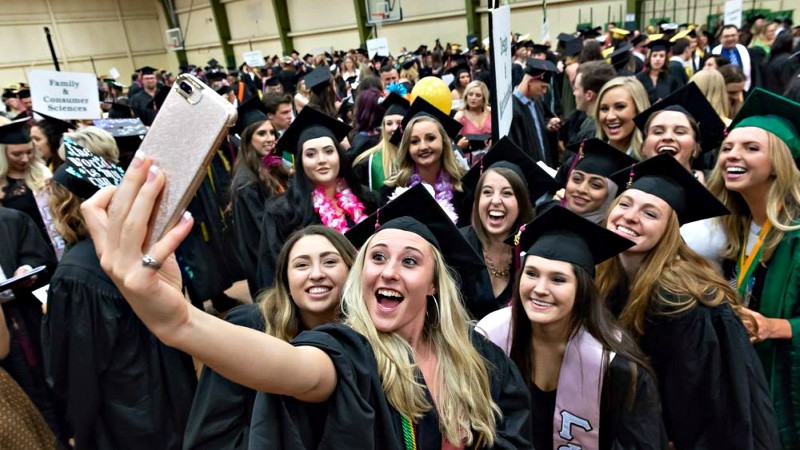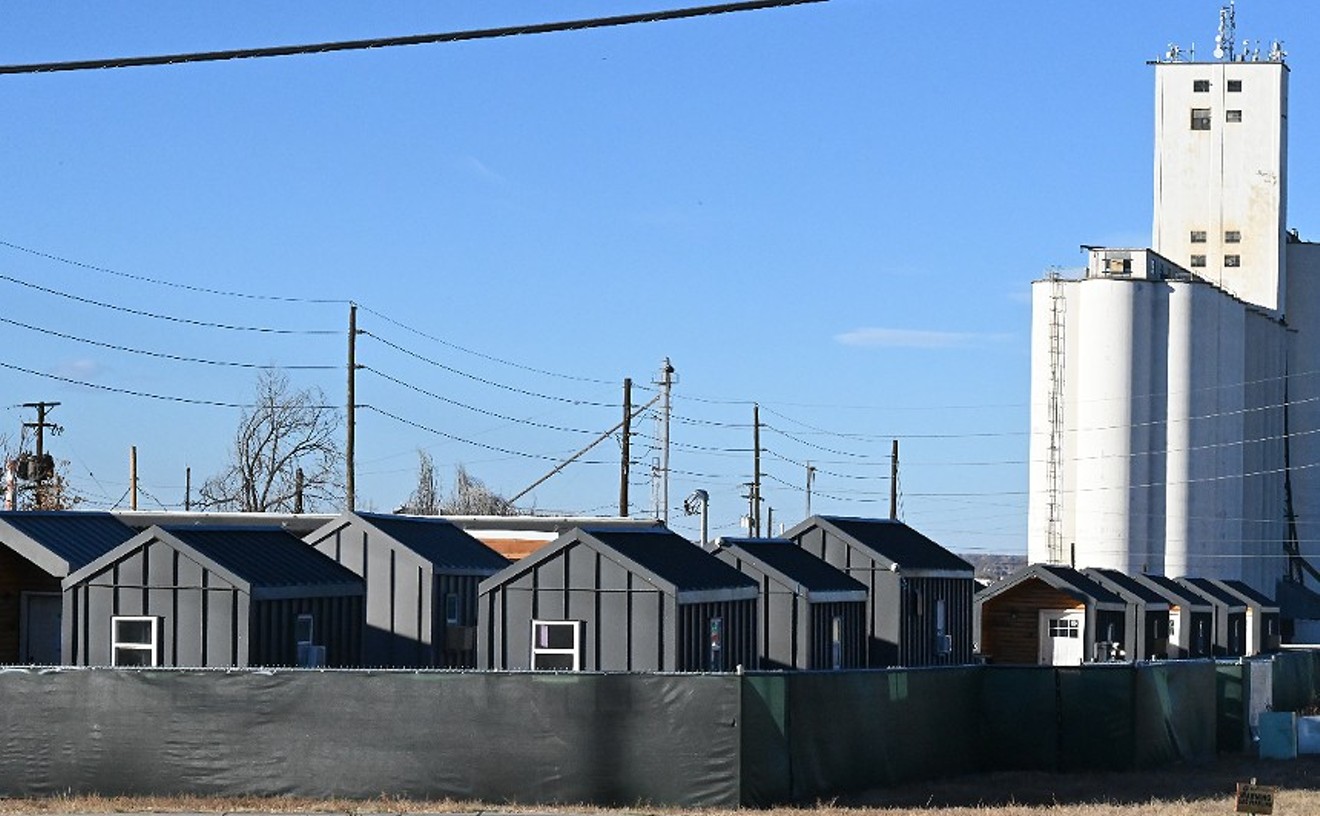Lawmakers passed House Bill 24-1340 on May 8, to create a new state income tax credit that will essentially refund certain students for the money they spent on tuition and fees that tax year. The tax credit will be available beginning in 2025, but students must meet a host of criteria to be eligible to claim it.
Advocates hope the tax credit will incentivize Colorado students to pursue higher education in the state. Despite being one of the most educated states in the nation, fewer than half of Colorado high-schoolers who graduated in 2021 enrolled in college, the bill notes. That's more than 10 percent lower than the national average.
"If our students graduating from Colorado high schools don't go on to get some post-secondary level of higher education, they won't be competitive for the jobs we know will be here in Colorado," says state Representative Shannon Bird, one of the bill's sponsors. "It's so important — not only for people to be able to live up to their full potential and get a great career, but also for our economy and creating opportunity for people to participate."
More than three-quarters of lawmakers — Democrats and Republicans alike — voted in support of the measure.
The bill still needs final approval from Governor Jared Polis to become law, but his office says the governor intends to sign the bill and that he is "committed to breaking down barriers and expanding access to high-quality and low or no-cost education.”
“This is a big step forward for saving people money on tuition,” Polis says in a statement to Westword.
Here's everything Colorado students need to know to secure free college for themselves:
How Does the College Tax Credit Work?
The tax credit is available from January 1, 2025, through January 1, 2033, for certain students enrolled in a public two-year or four-year institution, community college, technical college or occupational school within Colorado. The fallequal semester of 2025 will be the first that can be covered by the tax credit.The tax credit is equal to the amount of the student's tuition and fees for that tax year, minus any scholarships or grants they were eligible to received. "They need to take advantage of everything they qualify for, and then the state is the last dollar in," Bird says.
It is a refundable tax credit, so if the recipient owes the state money in taxes that year, the tax credit will go toward paying that balance. But if the credit is more than the sum they owe, the student will receive the rest of the money directly as a tax refund.
In total, the credit will only apply to 65 academic credit hours per student. It cannot be used for college credits earned through concurrent enrollment, high school advanced placement or international baccalaureate courses, military credits, or any other college credit accumulated before a student was enrolled in a higher education institution.
Who is Eligible for the College Tax Credit?
To claim the tax credit, students have to meet all of the following criteria:- Completed high school or an equivalent in Colorado within the last two years
- Have an adjusted gross household income of $90,000 or less, as reported by their Free Application for Federal Student Aid (FAFSA) or Colorado Application for State Financial Aid (CASFA) application
- Had a grade-point average of 2.5 or higher for the term for which the tax credit is claimed
- Were enrolled in at least six credit hours for that term
- Qualified for in-state tuition for that term
Higher education institutions will be required to notify students if they're eligible for the tax credit and how much money they're eligible for each year starting by January 31, 2026. But until then, it will be up to students to figure out whether they qualify.
How to Claim the College Tax Credit
An eligible student must file their state income taxes and claim the tax credit themself to receive it. Students should always claim the credit themselves, regardless of whether they are a dependent or whether their parent paid their tuition.For most students, regardless of whether their parent claims them as a dependent, their eligibility for the tax credit will depend on their family's household income. That is because the bill uses FAFSA to determine the student's household income, and FAFSA has different qualifications for dependency than the Internal Revenue Service. So even if a student files their own taxes, they will likely not qualify if their parents make over $90,000.
Under FAFSA guidelines, students are only independent (and can therefore use their income instead of their parents') if they are at least 24 years old, married, supporting their own dependents, an orphan, a ward of the court, an emancipated minor, an unaccompanied homeless youth, a veteran or active duty in the United States Armed Forces.
Bird says the intention behind tying the tax credit to FAFSA is to get more students to fill out the application.
"We've just had a hard time getting students going to college to fill out the FAFSA," she adds. "If they did, they would see how much money is available to them in terms of grants and scholarships. A lot of money gets left on the table. So to be eligible for this program, students need to fill out the FAFSA."
What's Next?
For students who didn't make the cut, there is still hope.Bird says she plans to pursue legislation next year to expand eligibility for the tax credit, specifically raising the household income limit to higher than the current $90,000. "That was as much as we could comfortably budget for this year," she explains.
The current tax credit is expected to cost the state's general fund $18 million in the 2024-25 fiscal year, and around $37 million each year thereafter, according to an estimate from legislative council staff.
"If it's something that we can afford, I would like to increase the income limit," Bird says. "The goal, for me, is to try to help more families who make too much to qualify for a lot of scholarships and grants...but they still don't make quite enough to be able to afford to send their kids to in-state college."
Depending on how well-utilized the tax credit is over the next few years, legislators may also expand it beyond the current 2033 end date.
In the meantime, the governor has until June 8 to sign HB 1340 to enact the tax credit as is. However, Polis is expected to take action on the bill even sooner.
"Governor Polis looks forward to signing the bill into law," says spokesperson Shelby Wieman.
This article was updated on Tuesday, June 4, to correct inaccuracies concerning the language of House Bill 24-1340.













